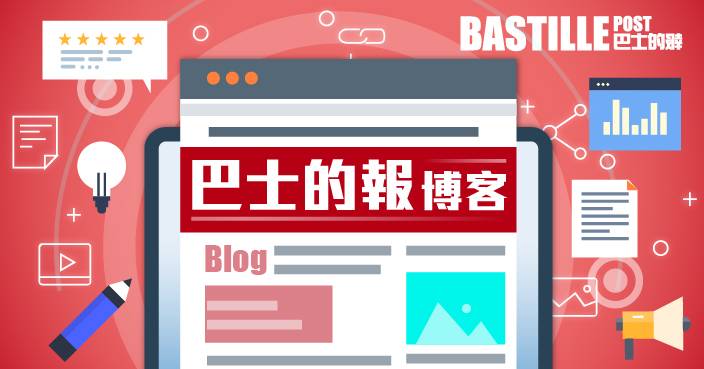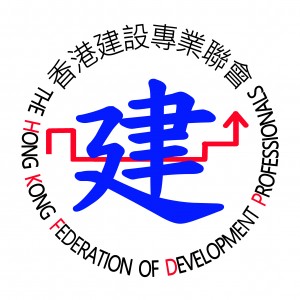The Indian "Printer" article on March 2, <Modi once again seized the opportunity to restore contact with China and Pakistan>
From reopening Chinese investment in India, to restoring contact with Pakistan, to changing the issue of climate change. In terms of position, India is slowly changing the course of its foreign policy, hoping to find a more popular harbor in the post-epidemic world.
Several of these measures were taken with an eye on Biden's new administration in the White House, but many of these measures were taken out of necessity. India realizes that it must open up to get its economy back on track after the epidemic. At present, the United States is still struggling to control the epidemic, and Europe is still stagnant. In this case, New Delhi realized that the only country in the world that has enough surplus is the country that has confronted it on the snowy highlands of Ladakh in the past few months.
The Modi government is keenly aware that the Indian economy needs the support of foreign capital. Chief Economic Advisor Sanjeev Sanyar told reporters last week that if anyone wants to build a button factory in India, it doesn't matter if the person is American, Indonesian or Chinese. He also said: "In addition to strategically sensitive industries, we have accelerated the approval of investments from China."
An (Indian) official who asked not to be named said that one of the sensitive areas is India's 5G network, and the government will not resume Chinese apps such as TikTok that were banned last year in the short term. However, India plans to soon approve 45 investment proposals (in India) including Chinese auto companies such as Great Wall Motors and SAIC Motor.
Before India announced that it had reopened its doors to Chinese investment, the Indian and Chinese forces began to disengage in mid-February. This makes people speculate that the slow return of (bilateral) economic and trade to normal is part of the gradual restoration of peace and tranquility in the border area.
With the withdrawal of India and China, New Delhi is encouraging China to carry out the next phase of its withdrawal by partially opening its economy. This also means that India has accepted China's request to separate the border issue from other aspects of India-China relations.
To me, to be frank, there are two reasons for the change in India's strategy. First , China has recovered from the epidemic, which other countries do not have, and it is expected that by 2028, China will surpass the United States to become the world's largest economic power. Second, the Biden administration is likely to reach agreements with the Chinese on various issues, including climate change and trade. Under such circumstances, India certainly does not want its most important foreign partner to change course, and it will eventually be caught off guard by its inaction. The reality is cruel and Modi is smart.
S. L. LI Engineer
HKFDP
香港建設專業聯會
** 博客文章文責自負,不代表本公司立場 **



